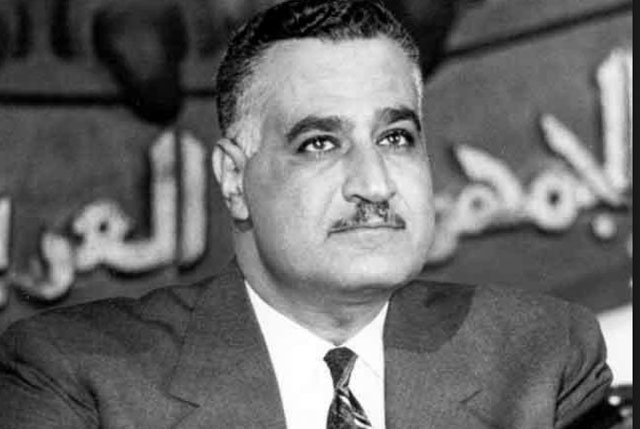
SPECIAL FEATURE: For Egypt, 1967 war marked end of pan-Arab dream
This month, AFP will move a series of stories marking the 50th anniversary of the Six-Day War between Israel and neighbouring Arab countries from June 5 to 10, 1967
******
Cairo, Egypt | AFP | Its vaunted air force destroyed, its army humbled — the Six-Day War of 1967 dealt Egypt a shock it has yet to overcome and spelled the end of its pan-Arab hopes for regional dominance.
The war, which came to be known in Egypt as the Naksa, or setback in Arabic, ended with Israel occupying the Sinai Peninsula up to the Suez Canal, and Egyptian populist leader Gamal Abdel Nasser’s reputation devastated.
Egypt, after fighting the 1973 war and then launching peace talks with Israel, eventually recovered Sinai to become the first Arab country with a peace treaty with its former nemesis.
But it no longer occupied the role it had played under Nasser as the political, military and cultural leader of the Arab world that once saw it attempt a short-lived union with Syria.
“The Egyptian role greatly diminished after 1967, and it dealt a major blow to the pan-Arab project,” said Tewfik Aclimandos, an international relations professor at the French University in Egypt.
Between June 5 and 10 in 1967, Israel defeated Egypt, Jordan and Syria and occupied the Sinai Peninsula, the Gaza Strip, the West Bank, east Jerusalem, and Syria’s Golan Heights.
The war began early on June 5, a morning that saw heavy Israeli bombing of Egyptian airbases near Cairo and in the Suez desert.
Within a few hours almost all Egyptian aircraft had been grounded. Many historians say Israel won the war on the first day by ensuring it had control of the skies.
By June 8, Israeli forces had reached the Suez Canal, following reports of Egyptian forces retreating in disarray. Egypt agreed to accept a UN-backed ceasefire and the next day Israel signed on.
On June 9, Nasser offered his resignation, then withdrew it when crowds of supporters rallied for him.
But the damage was done and the war personally undermined Nasser, who died in 1970.
– ‘Rise of Islamism’ –
One of the Free Officers who overthrew Egypt’s monarchy in 1952 and changed the country’s feudal structure, the eloquent Nasser was a hero to millions across the region.
“The people were with Abdel Nasser who was a symbol and a hero to them at a time when they were searching for their identity after liberation from colonialism,” said Sharif Younes, a historian at Egypt’s Helwan University.
“But after 1967, he was impotent, and in turn Egypt was not longer able to lead. It actually needed help to rebuild its army,” he said.
The war also made Nasser more pragmatic.
“He no longer called for Palestine’s liberation but he adopted instead the slogan ‘removing the effects of the aggression’, as in liberating the lands occupied in 1967,” Younes said.
The defeat in 1967 — and Egypt’s subsequent isolation by the Arab world following the 1979 treaty with Israel — was compounded by the central role Gulf states, led by Saudi Arabia, assumed after oil prices rose in the 1970s.
The blow to Nasser’s socialist-leaning pan-Arabist vision also helped the rise of Islamism, experts say.
“The 1967 war was a factor, among others, in the rise of Islamism in the Arab world, because the revolutionary Arab governments were held responsible for the great defeat,” said Henry Laurens, a Middle East historian.
Half a century later, the idea of any country leading the region has become obsolete.
“The issue of playing a leading role has ended. Arab regimes are based on a balance of power and alliances between one another, regardless of their power,” Younes said.
 The Independent Uganda: You get the Truth we Pay the Price
The Independent Uganda: You get the Truth we Pay the Price



